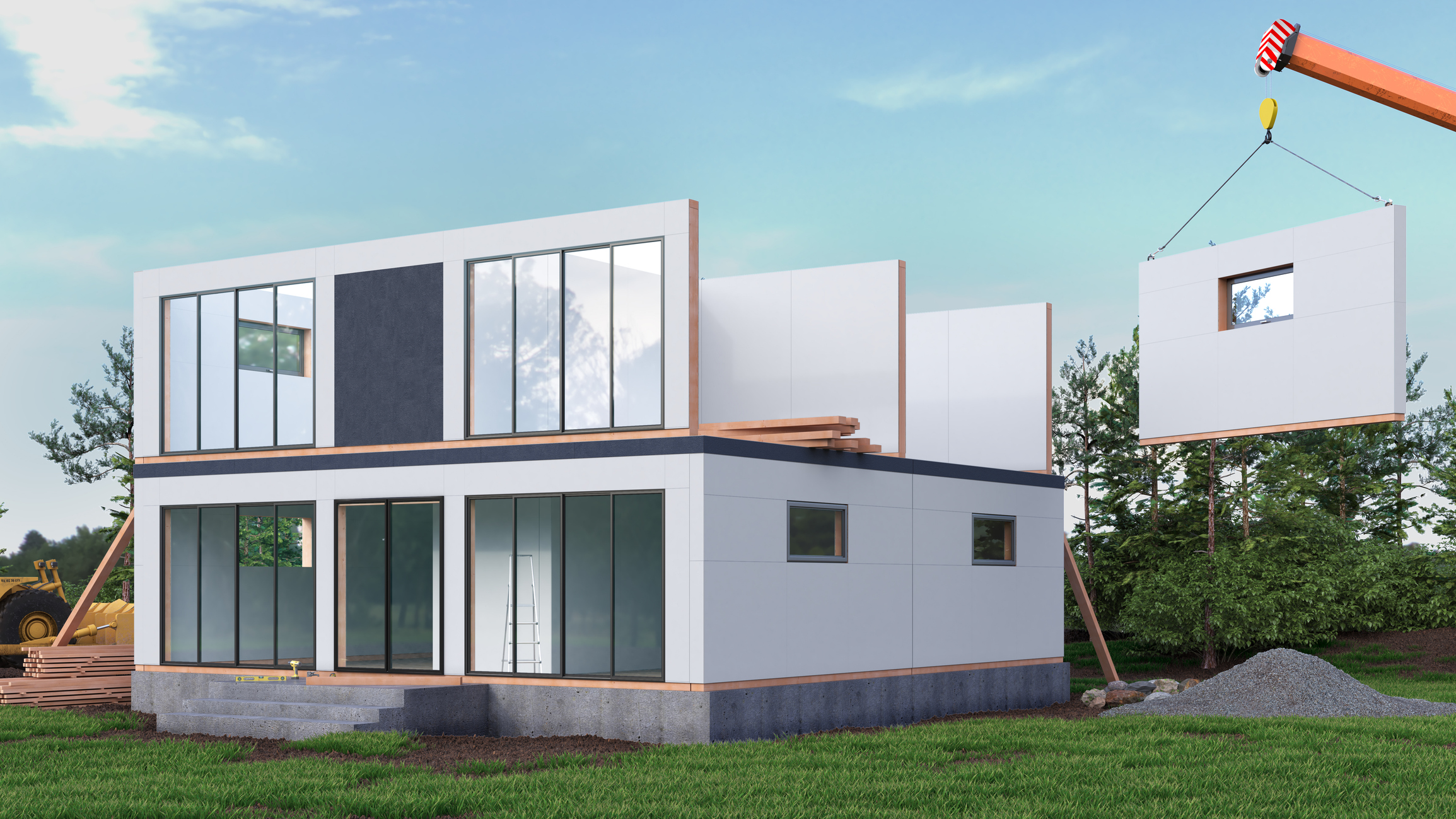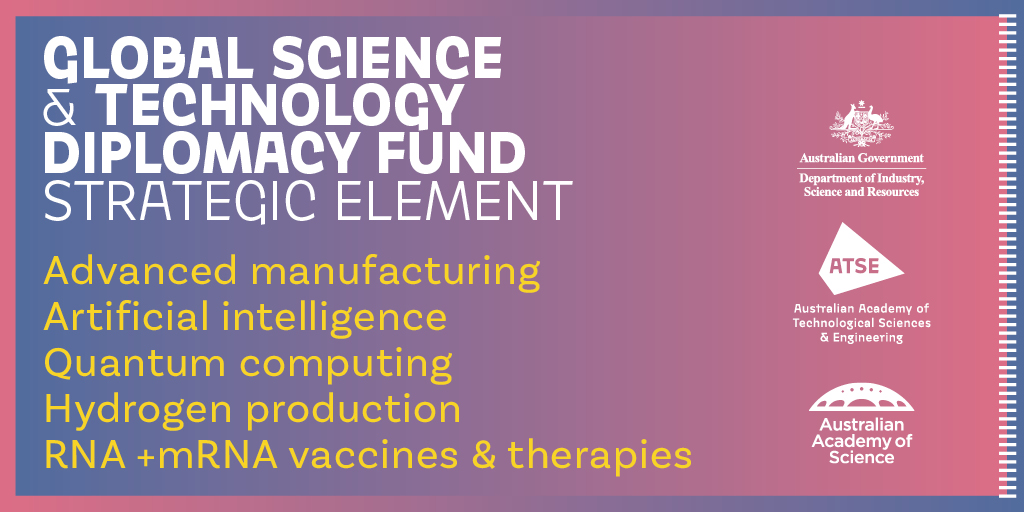Building a sustainable future towards net zero
A whole-life-cycle approach to digital manufacturing of carbon-neutral modular panels for affordable housing.
A whole-life-cycle approach to digital manufacturing of carbon-neutral modular panels for affordable housing.
Established to grow international collaboration, enhance Australia’s standing as a science and technology leader, and drive innovation and commercialisation in priority areas, the Global Science & Technology Diplomacy Fund is a grant scheme supporting discovery around the world. Delivered by ATSE in partnership with the Australian Academy of Science, and funded by the Department of Industry, Science and Resources, these grants are opening up a world of science and technology enterprise for Australian researchers and innovators.
Diverging from traditional approaches, leveraging digital manufacturing for precast panels expedites fast construction to address the housing crisis and enables a step forward in the transition towards Net Zero Building in Australia and Asia-Pacific countries.
Led by Professor Tuan Ngo, the project team comprises world-leading scientists and entrepreneurs with expertise in advanced construction materials, novel designs for lightweight composite structures, sustainable life cycle and supply-chains, renewable energy, AI-based technologies, and experimental forms of prefab manufacturing. By bringing together global industries and experts across top-tier international universities in Japan, Vietnam, Thailand, Malaysia and New Zealand, this project boosts Australia’s science and technology capability. Funded by the Global Science and Technology Diplomacy Fund, this work fosters international networks for knowledge exchange through a series of international workshops, and laboratory-based and large-scale testing at manufacturing facilities for demonstrations of real-world impact.
This project builds on extensive expertise in AI technology, renewable energy integration and advanced construction materials. The project methodology leverages cutting-edge research on material composite development, advanced testing and simulation techniques, supported by the state-of-the-art facilities at the University of Melbourne and those in partner countries.

Addressing the housing crisis
By leveraging advanced automation and digital integration, innovation in this space can address Australia’s critical housing shortage, exacerbated by labour constraints in the construction sector. The primary goal is the establishment of a digitally integrated manufacturing system capable of producing high-performance, energy-efficient and carbon-neutral modular housing at scale.
This will help address Australia's housing crisis, boost housing output and set new benchmarks for sustainable construction. By demonstrating the integration of advanced technologies into construction, this project not only supports environmental sustainability but also contributes to job creation, improvements in living standards and export opportunities in global markets. Aligned with Australia’s emission reduction targets, the project contributes to the national priority of achieving Net-Zero emissions by 2050. It will also establish a knowledge-sharing network among partner organisations within the Asia-Pacific region, fostering collaboration and innovation to reduce emissions in the construction sector.
Key project outcomes
Through this project, Australia demonstrates its leadership in sustainable prefabricated building technologies for affordable housing. Australia is set to become a leader in rapid construction and Net-Zero building technologies, with the potential to export low-carbon building products and expertise to growing nations in the Asia-Pacific, demonstrating a national commitment to setting new benchmarks in sustainable construction.

Established to grow international collaboration, enhance Australia’s standing as a science and technology leader, and drive innovation and commercialisation in priority areas, the Global Science & Technology Diplomacy Fund is a grant scheme supporting discovery around the world. Delivered by ATSE in partnership with the Australian Academy of Science, and funded by the Department of Industry, Science and Resources, these grants are opening up a world of science and technology enterprise for Australian researchers and innovators.
